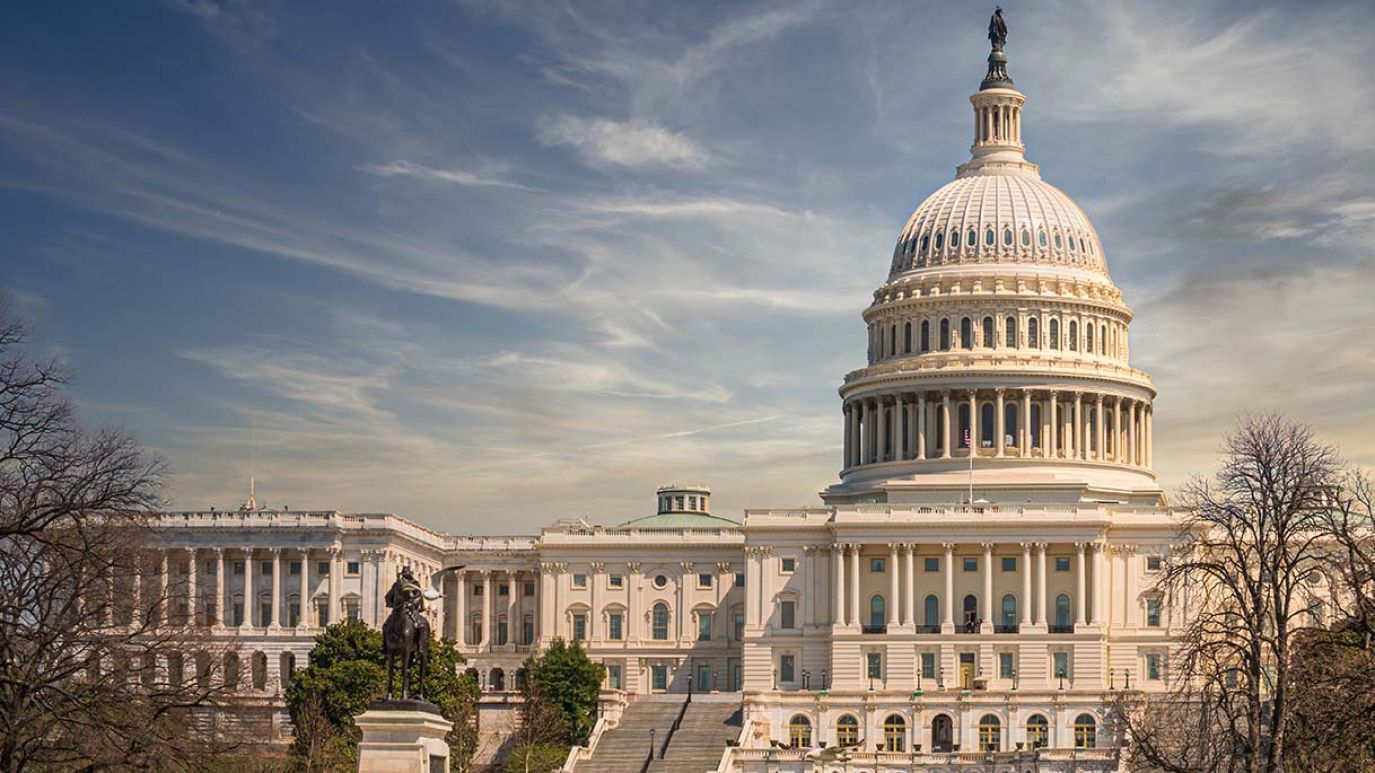USTR Report Details Beijing’s Non-Market Practices

Two decades of participation in the World Trade Organization have failed to alter China’s centralized approach of pursuing trade policies and practices that advantage Chinese economic interests.
The Office of the United States Trade Representative (USTR) 2023 Report to Congress on China’s WTO Compliance finds that China has intensified its “state-led, non-market approach to the economy and trade” and adopted “a wide array of non-market policies and practices…to actively disadvantage foreign industries, enterprises, and workers,” including US companies and workers.
- The report concludes that China’s policies and practices have resulted in a “playing field [that] is simply not level” and which is “heavily skewed against foreign enterprises wherever they seek to compete against Chinese enterprises, whether it is in China’s market or in other markets around the world.”
The USTR report released on 23 February provides a detailed listing of China’s non-market policies and practices, including those that target foreign enterprises operating inside and outside China. These practices include Beijing’s adoption of measures and practices to favor Chinese enterprises over their foreign counterparts, interfere in foreign enterprises operating in China, and pressure Chinese enterprises to engage in intellectual property theft and technology transfers against foreign enterprises. Noteworthy report findings are highlighted here:
- Directing or allowing government regulatory authorities to exercise their authority in a discriminatory manner, including by treating Chinese enterprises more favorably than foreign or foreign-invested enterprises.
- Creating or maintaining persistent non-market excess capacity in industries through state-owned enterprises and private Chinese enterprises, to the detriment of competing foreign enterprises in the China market and in global markets around the world.
- Directing, pressuring or otherwise acting to ensure that foreign enterprises operating in China not make business decisions that conflict with the objectives of the state’s industrial plans, including in some cases by embedding Chinese Communist Party officials in those enterprises.
- Retaliating against foreign enterprises when they offend the Chinese state or otherwise act in a manner that displeases the Chinese state, thereby creating a chilling business environment for all foreign enterprises, especially ones with business operations located in China.
- Directing or sponsoring the theft of intellectual property rights, trade secrets and confidential business information for commercial use; engaging in forced or pressured technology transfer.
- Directing, pressuring or otherwise acting to ensure that Chinese enterprises pursue acquisitions of foreign enterprises whose technologies are needed to achieve the state’s industrial plan objectives.
USTR said the US intention is not “decoupling” with China; however, it stated that the US will manage the challenges China and its WTO violations pose by increasing investments and development in the US, addressing US concerns via bilateral trade dialogue mechanisms, applying US laws and trade tools against Chinese practices, and cooperating with US allies and partners.
- On 26 February China’s Ministry of Commerce criticized the USTR report and accused the US of “ignoring China’s enormous achievements with respect to fulfilling its WTO commitments.” The ministry also charged the US with “denying China’s important contributions to multilateral trade institutions and world economic development.” It added that the US “has violated WTO rules, carried out unilateral trade bullying, instituted discriminatory industrial policies, disrupted global industrial and supply chains, and seriously impacted the international trade order.”
China’s 5G influence in developing economies
China’s Belt and Road Initiative and its digital counterpart, the Digital Silk Road, threaten to displace US telecom and tech companies in developing economies in Africa, Latin America and the Middle East. How can US operators and network providers stand up to the challenge?